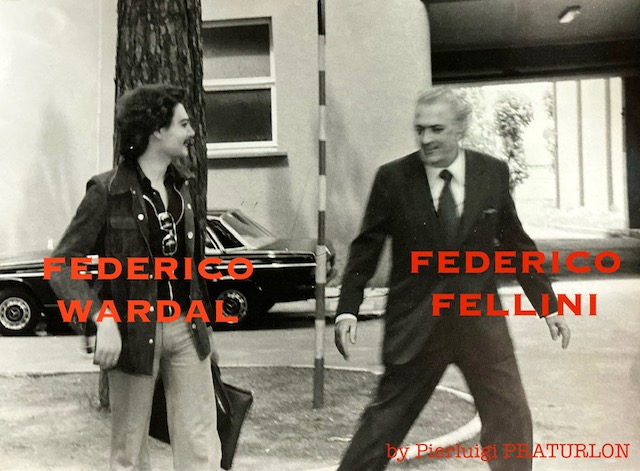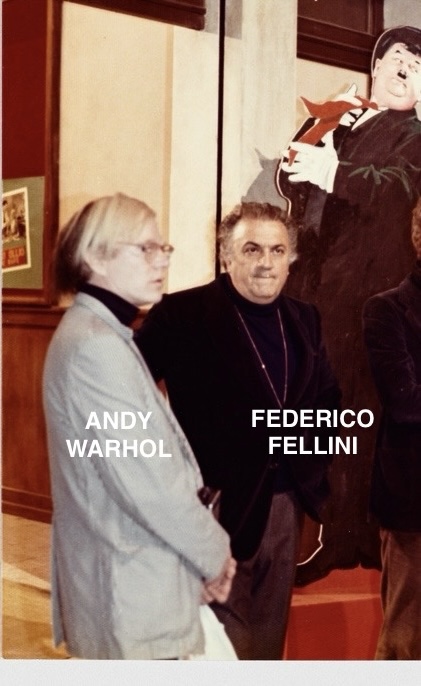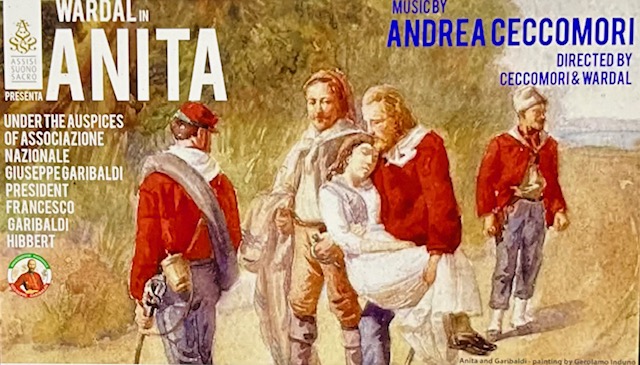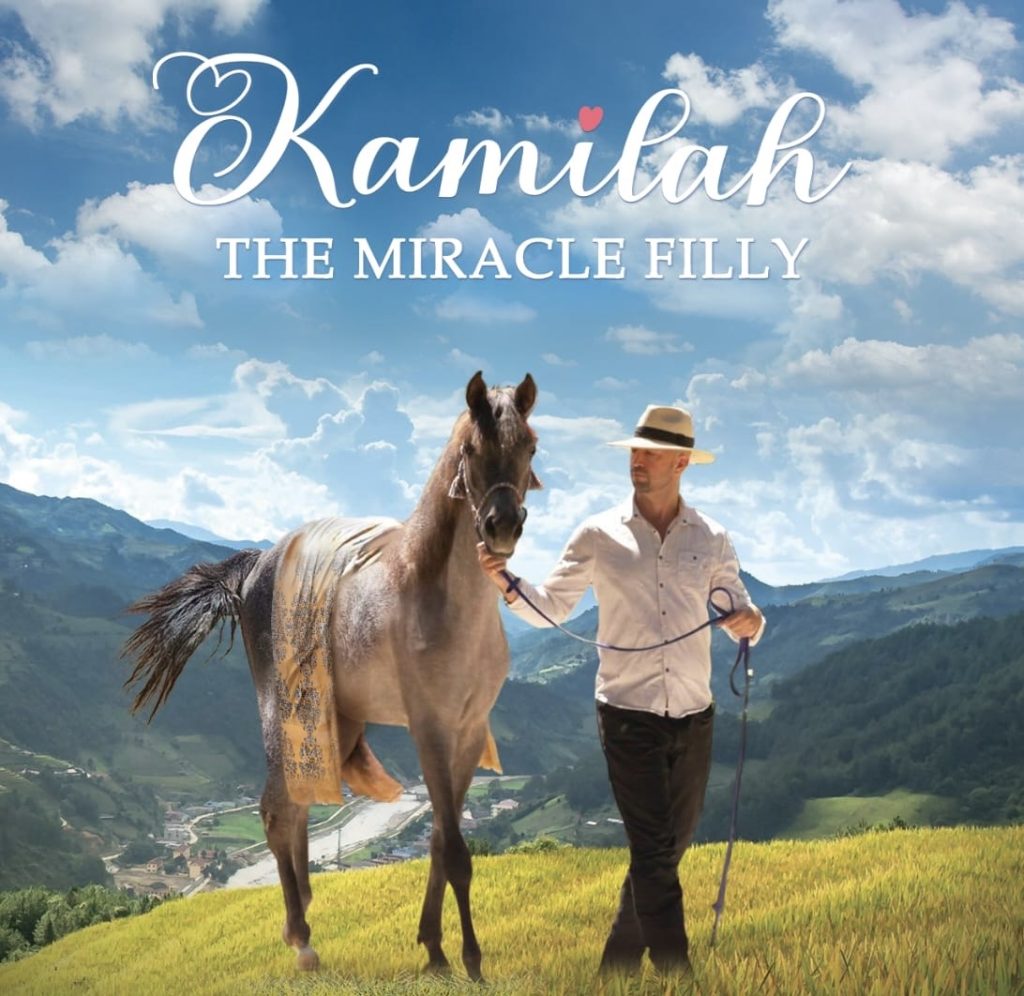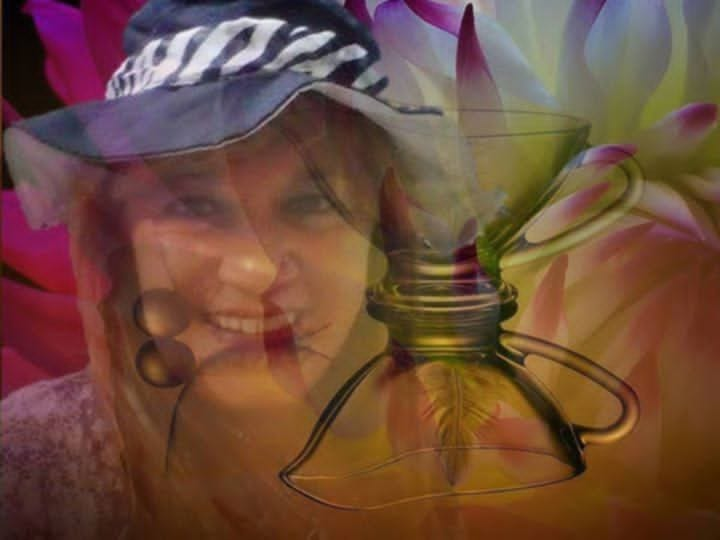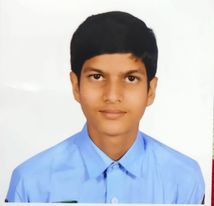Aleksandr Arkadyevich Faynberg: Life, Literary Contributions, and Cultural Legacy
Abstract
Aleksandr Arkadyevich Faynberg (1939–2009) was one of the most prominent literary figures in Uzbekistan during the second half of the twentieth century. As a poet, translator, and scriptwriter, he significantly influenced both Uzbek and Russian literary traditions. His work reflects a synthesis of cultures, lyrical refinement, and philosophical depth, making him a key figure in fostering cultural exchange between the Turkic and Slavic worlds. This paper presents an academic overview of Faynberg’s life, literary contributions, translation activities, cinematic achievements, mentorship, and enduring legacy.
Introduction
The literary landscape of Uzbekistan in the Soviet and post-Soviet periods witnessed the emergence of several significant figures who contributed to both national and transnational literary spheres. Among them, Aleksandr Arkadyevich Faynberg occupies a unique position. Writing primarily in Russian yet deeply embedded in the cultural context of Uzbekistan, Faynberg successfully bridged linguistic and cultural divides. His poetic voice resonated across linguistic boundaries, and his translations served as vital conduits for introducing Uzbek literature to Russian-speaking audiences.
Early Life and Education
Aleksandr Faynberg was born on November 2, 1939, in Tashkent, then part of the Uzbek Soviet Socialist Republic. His parents, originally from Novosibirsk, relocated to Tashkent in 1937, a period marked by significant migration within the Soviet Union due to industrialization and political centralization. The multicultural environment of Tashkent, where Uzbek, Russian, and other Central Asian communities coexisted, played an important role in shaping Faynberg’s worldview.
Following his early education, Faynberg studied at the Tashkent Topography Technical School, after which he served in the Soviet Army in Tajikistan. His experiences during military service exposed him to the diverse landscapes and cultures of Central Asia, which later appeared as motifs in his literary work. Determined to further his education, Faynberg enrolled in the Faculty of Philology at Tashkent State University (now the National University of Uzbekistan), pursuing a degree in journalism through correspondence study. This academic background equipped him with literary theory, critical analysis skills, and journalistic discipline. In 1961, he married Inna Glebovna Koval, with whom he shared a lifelong partnership.
Literary Career
Faynberg’s literary debut came in the 1960s with the publication of his first poetry collection, Etude (1967). This work demonstrated his mastery of lyrical form, precise imagery, and emotional subtlety. Over the next decades, he published numerous collections, including Poems (1977), Distant Bridges (1978), Free Sonnets (1990), and Leaf (2008). These collections established him as a leading figure in Russian-language poetry in Uzbekistan.
His poetry combined personal emotion with universal philosophical reflection, exploring themes such as love, time, human dignity, and the transience of life. While his language was deeply rooted in the Russian literary tradition, his imagery and cultural references reflected the landscapes and heritage of Uzbekistan. This synthesis created a distinctive poetic voice capable of appealing to diverse audiences.
Translation Work
One of Faynberg’s most significant contributions was his work as a translator. He translated the poetry of eminent Uzbek writers, including Alisher Navoi, Erkin Vohidov, and Abdulla Oripov, into Russian. His translations were not merely linguistic transpositions; they were creative reinterpretations that preserved the rhythm, imagery, and emotional intensity of the originals. In doing so, Faynberg contributed to the cross-cultural dialogue between Uzbek and Russian literary communities.
In the context of Soviet cultural policy, translation played an essential role in promoting national literatures within the broader Soviet canon. Faynberg’s work in this sphere not only introduced Uzbek poetry to Russian-speaking readers but also helped secure its place in the shared literary heritage of the USSR.
Cinematic and Dramatic Contributions
Beyond poetry, Faynberg made important contributions to cinema as a scriptwriter. He authored scripts for seven feature films and approximately twenty animated films. Notable works include Under the Blue Sky, The House Under the Hot Sun, and Those Burned in Kandahar. In 1999, he wrote The Stadium in the Sky, a poignant film dedicated to the 1979 air disaster that claimed the lives of the “Pakhtakor” football team. This work demonstrated his ability to translate poetic sensibility into visual storytelling, combining emotional resonance with narrative structure.
Mentorship and Literary Leadership
From 1965 to 1969, Faynberg served as a consultant for the Writers’ Union of Uzbekistan. In this capacity, he mentored young writers, organized literary seminars, and provided editorial guidance. His role in nurturing emerging talent contributed to the vitality of Uzbekistan’s literary scene during a period of both ideological constraint and creative innovation.
Recognition and Awards
Faynberg’s literary and cultural achievements earned him numerous honors. In 1999, he was awarded the title of Honored Cultural Worker of Uzbekistan. In 2004, he was named People’s Poet of Uzbekistan, one of the highest accolades in the country’s literary sphere. In 2008, the Russian Federation awarded him the Pushkin Medal for his contributions to Russian-language literature and his role in fostering cultural exchange. Esteemed poet Abdulla Oripov described him as a “unique poet and translator,” noting that no other Russian-language writer had sung about Uzbekistan with such sincerity.
Literary Style and Themes
Faynberg’s poetic style is characterized by lyrical clarity, cultural synthesis, and philosophical depth. His ability to weave together Russian literary forms with Uzbek imagery created a body of work that is both regionally grounded and universally resonant. His poems often reflect on the passage of time, the inevitability of change, and the endurance of love and memory. This thematic range, combined with formal elegance, positions his work within the broader tradition of world literature.
Legacy
Aleksandr Faynberg’s influence extends beyond his published works. As a poet, he enriched Uzbekistan’s cultural heritage; as a translator, he built bridges between linguistic communities; as a scriptwriter, he contributed to the country’s cinematic tradition; and as a mentor, he helped shape future generations of writers. His works continue to be read, studied, and appreciated in both Uzbekistan and abroad, reflecting his enduring relevance in a rapidly changing cultural landscape.
Conclusion
Faynberg’s life and work illustrate the power of literature to transcend linguistic, cultural, and political boundaries. His poetry, translations, and screenplays collectively form a multifaceted legacy that has left a lasting imprint on the literary and cultural identity of Uzbekistan. By harmonizing the Russian and Uzbek literary traditions, Aleksandr Arkadyevich Faynberg not only enriched the artistic heritage of his homeland but also contributed to the global appreciation of Central Asian literature.
References
1.Faynburg, A. (n.d.). Selected poems. Tashkent: Gafur Gulyam Literature and Art Publishing House.
2.Karimov, I. (1995). High spirituality is an invincible force. Tashkent: Uzbekistan Publishing House.
3.Mirziyoyev, S. (2017). We will build our great future together with our brave and noble people. Tashkent: Uzbekistan Publishing House.
4.Sultonov, S. (2003). Modern Uzbek literature: An overview. Tashkent: Fan Publishing.
5.Yusupova, G. (2015). Aleksandr Faynburg’s contribution to Uzbek poetry. Uzbekistan Journal of Literary Studies, 4(2), 45–52.





